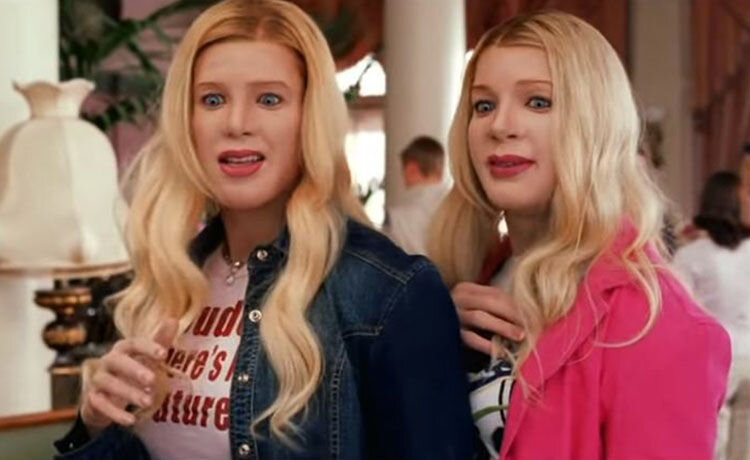The enduring cultural sway of The Princess Bride stems in a large part from its endless quotability - its torrent of snappy, adaptable comments on everything from “true wuv” to “land wars in Asia”.
Read MoreBlog
“Rather than punching down in the spirit of the era - as Craig Ferguson observed of Britney’s treatment, as a Platonic ideal of the White Chick - the Wayans brothers poke at broad swathes of aughts society for a dose of goofy nostalgia without the guilt.”
Read More“Making use of the grand cultural forces at his disposal- from chart-topping popular song to Hollywood icons- Hitchcock’s transatlantic remake pokes at the darkness beneath the external Technicolour sunshine of the post-war nuclear family, and wider society.”
Read More"In the closing montage, and throughout the film, Allen reminds the viewer of the delicate balancing act between overthinking and stupidity which characterises the human experience- and his performed construction of it, as director and quasi-protagonist.”
Read More“The decade after Ratatouille’s release saw the explosion of viral internet cooking channels, from Buzzfeed Tasty to Mob Kitchen, offering easy, comforting meals that promised emotional and physical sustenance for the harrowed millennial entering the rat race. The pandemic has only clarified the increasing significance of the film’s central themes - food, creativity, and democracy - to notions of humanity.”
Read More“Overshadowed in the year of its release by another anti-war satire, M*A*S*H, Catch-22 offers a more sober statement of the message that defines America not by the glory of war, but by discomfort in it.”
Read More“A major question for Iannucci and his audience relates to the ethical standing of the laughter provoked by its depiction of Stalinism. Jokes come not only from Iannucci’s trademark profane wisecrackers- “out of my way, you fannies”, “you’re not even a person, you’re a testicle”- and slapstick humour, but from ridicule of the bureaucratic cowardice of the Soviet ruling class.”
Read More“The cacophony of cultural icons suggests a disruption of the order inherent in earlier American societies, from the Manifest Destiny of the country’s expansion to the Christianity of the postwar period; in Blue Velvet, the illusion of a reliable order that had sustained earlier generations has collapsed.”
Read More







